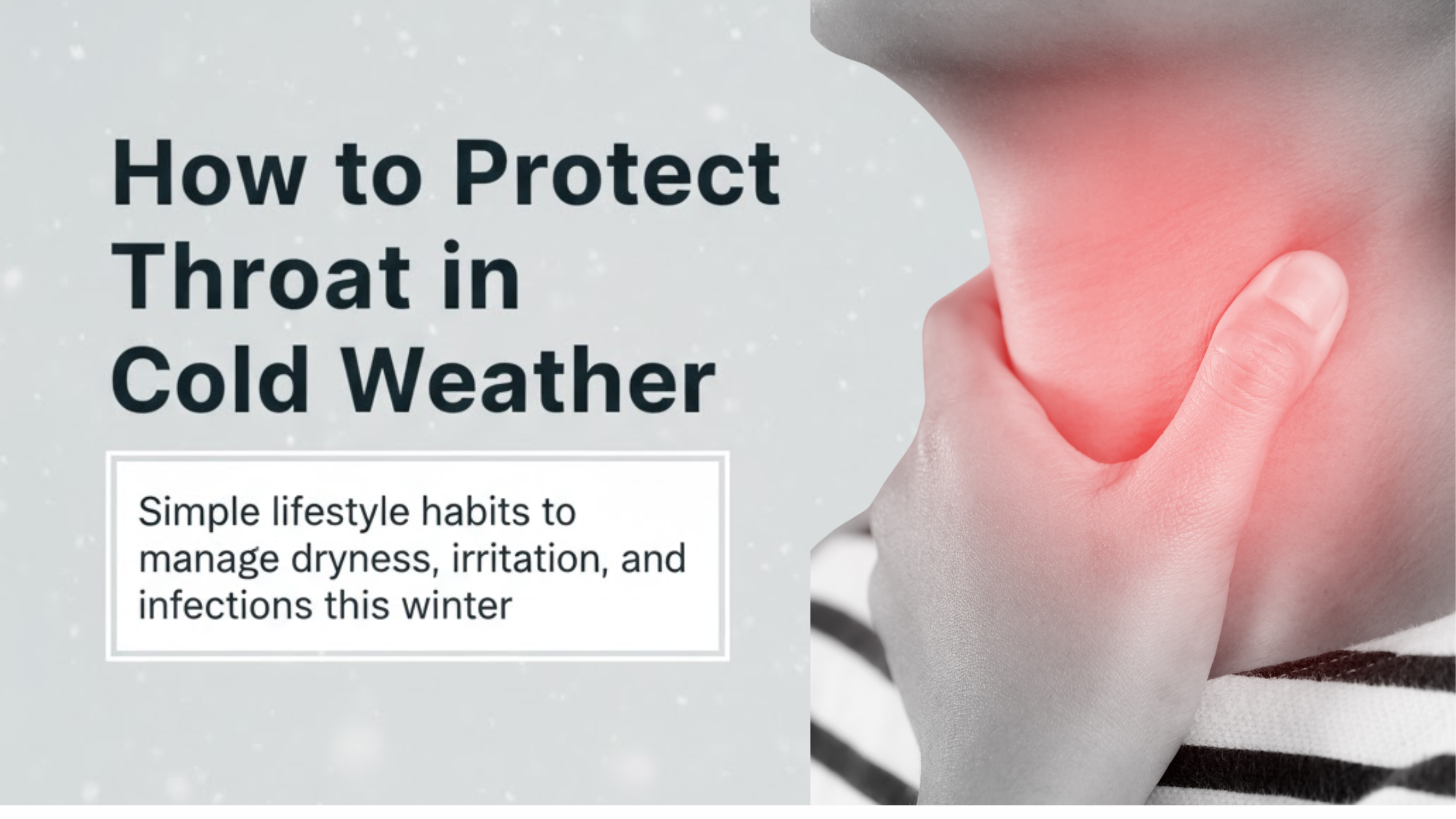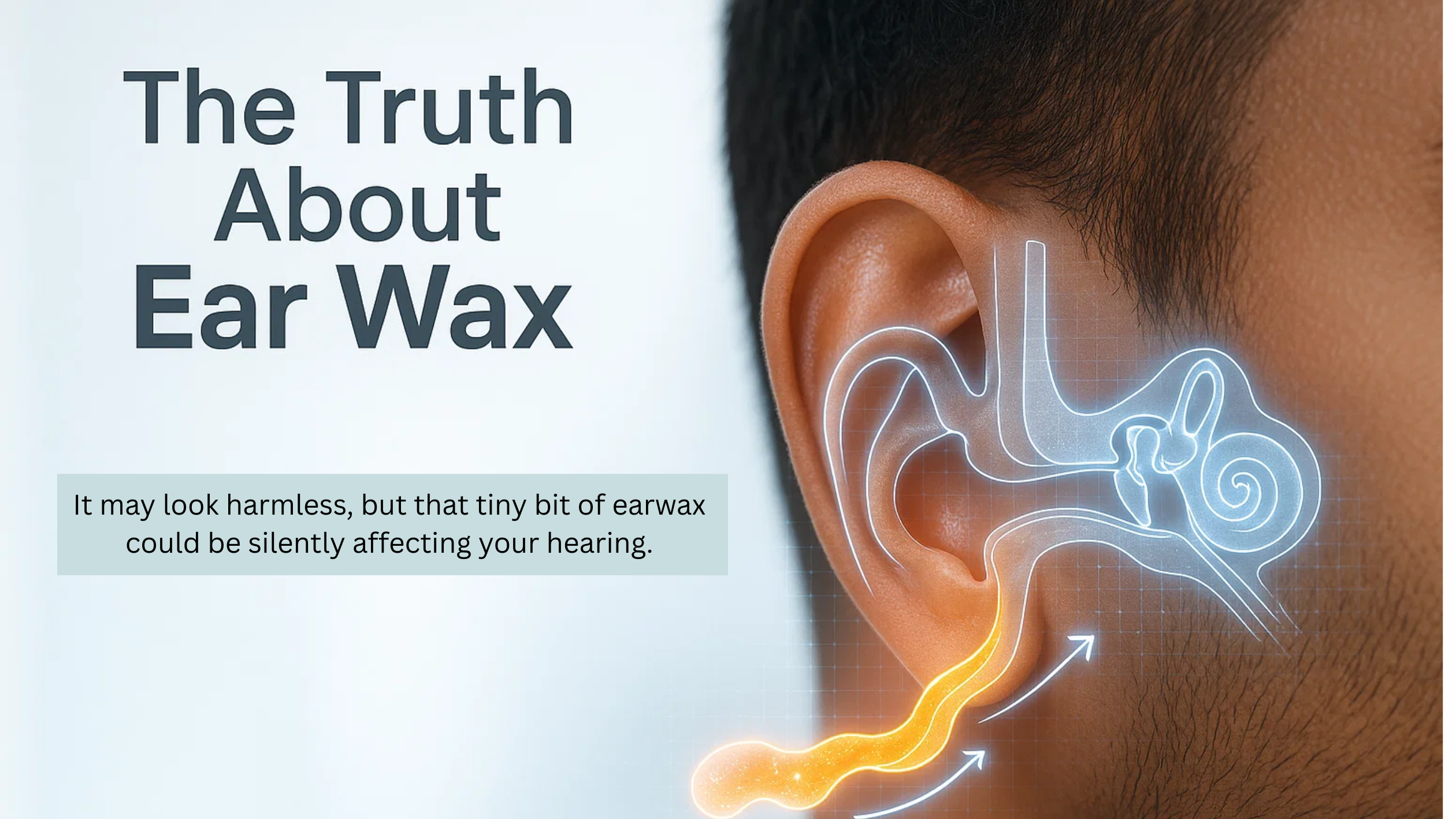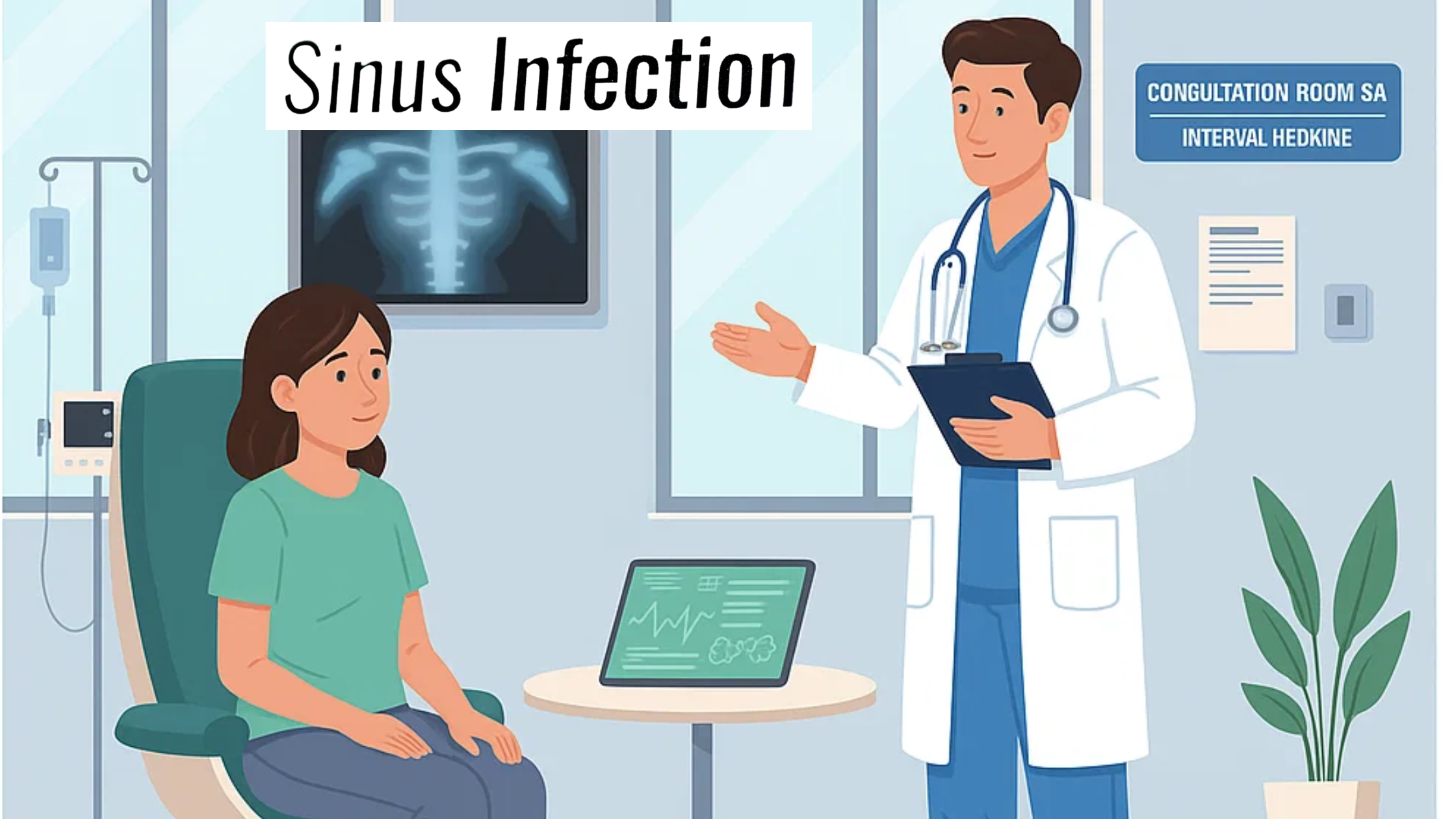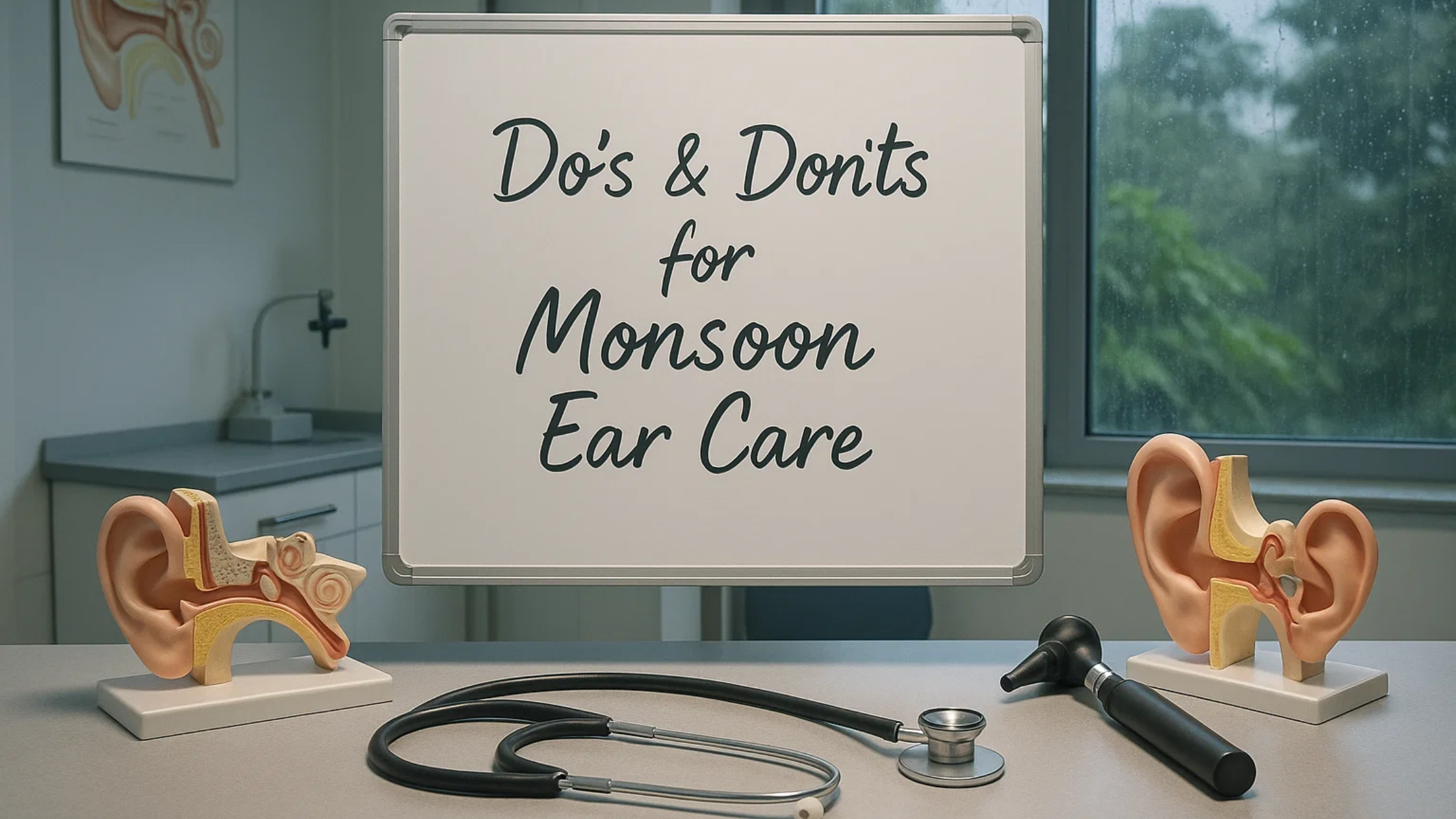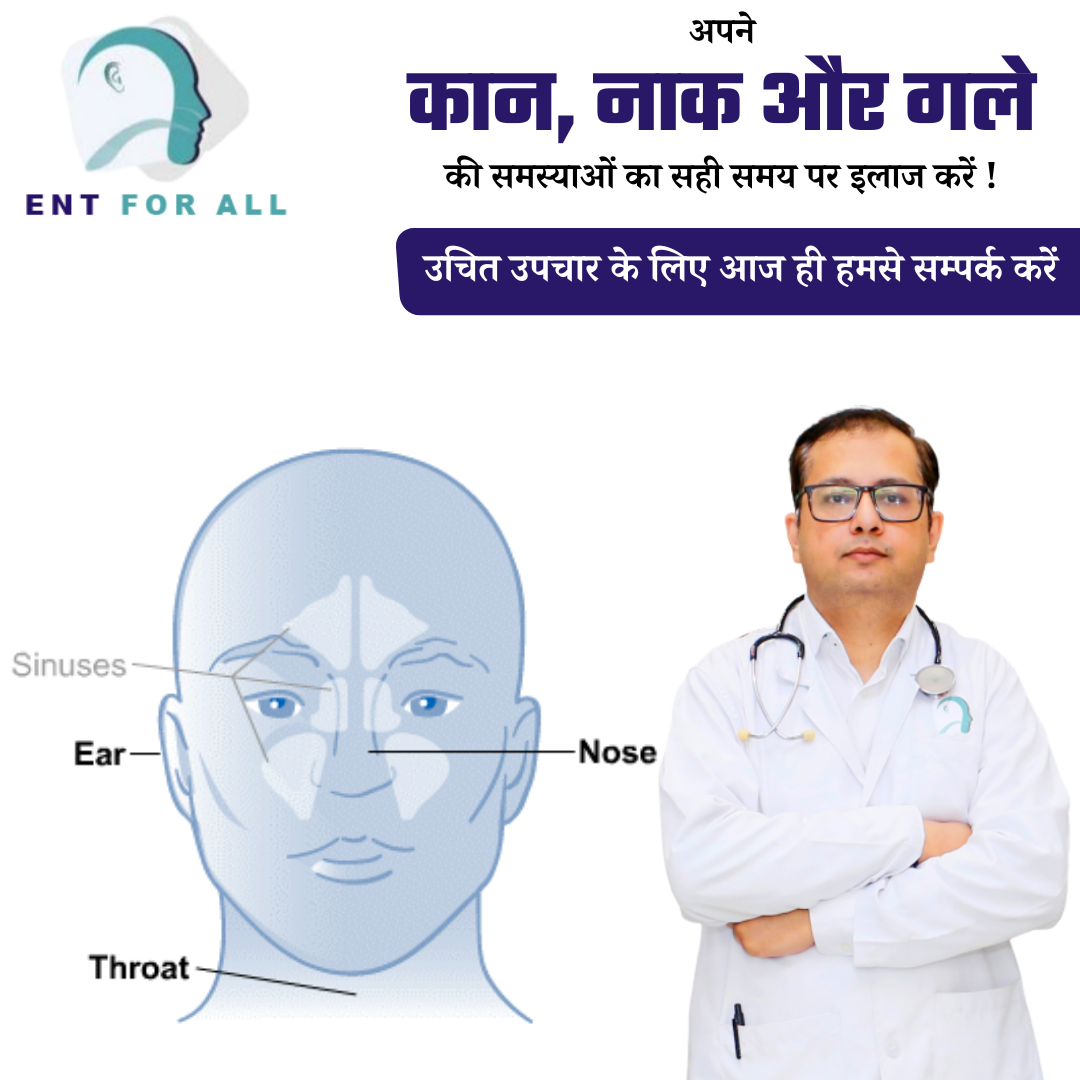1. Why Rainy Weather Triggers Nose Allergies
Rainy weather brings welcome relief from the summer heat, but for many, it also brings a wave of sneezing, nasal congestion, and breathing discomfort. That’s because the monsoon season is a breeding ground for common allergens like mold spores, dust mites, pollen, and airborne pollutants.
People with pre-existing respiratory sensitivities, children, elderly individuals, and those with weakened immunity are especially vulnerable to nose allergies during the rainy season. Without proper care, these allergies can escalate into chronic sinusitis or allergic asthma.
Understanding the triggers and implementing rainy season allergy prevention tips can go a long way in ensuring you breathe easily, even when the skies are cloudy.
2. Understanding Nose Allergies (Allergic Rhinitis) in Monsoon
Allergic rhinitis, commonly referred to as a nose allergy, is an immune system reaction to allergens that affects the nasal passages. During the monsoon, it becomes more common due to increased environmental triggers.
Common symptoms include:
- Frequent sneezing
- Runny or congested nose
- Itchy, watery eyes
- Throat irritation or postnasal drip
Unlike the common cold, allergic rhinitis is non-infectious and tends to recur during specific seasons or exposures.
👨⚕️ ENT specialists emphasize the importance of early diagnosis and distinguishing between a viral cold and allergic rhinitis to avoid unnecessary medications.
3. Top Triggers of Nose Allergies During the Rainy Season
- 🌫️ Indoor Mold & Mildew: Moisture from rain leads to mold growth on walls, bathrooms, and furniture.
- 🛏 Dust Mites: Damp bedding, carpets, and curtains are ideal habitats for dust mites.
- 🌬️ Sudden Temperature Changes: Moving from a cool indoor environment to humid outdoor air can trigger allergic responses.
- 🪟 Poor Ventilation: Stuffy, closed indoor spaces trap allergens.
- 👕 Wet Clothes: Wearing damp clothes after being in the rain can worsen skin and nasal allergies.
🔑 Pro Tip: Following rainy season allergy prevention tips is essential to control exposure to these irritants.
4. Effective Tips to Prevent Nose Allergies in Rainy Weather
| Prevention Tip | Description |
|---|---|
| Use exhaust fans in kitchens and bathrooms. Fix leaks and use a dehumidifier if necessary. |
| HEPA-based purifiers help trap fine dust, pollen, and mold spores—making indoor air safer. |
| Limit outdoor activity early in the morning or after rain when allergens peak. |
| Never sit or sleep in damp clothing; it worsens skin and respiratory allergies. |
| Vacuum with a HEPA filter and dust surfaces regularly. Avoid heavy curtain fabrics during monsoon. |
| Drink warm water and include turmeric, ginger, and vitamin C-rich fruits to boost immunity. |
5. Home Remedies for Nose Allergies During Rainy Season
🌿 Steam Inhalation with Eucalyptus or Mint Oil
Inhaling steam infused with essential oils like eucalyptus or mint can offer immediate relief from nasal congestion. These oils have natural anti-inflammatory and antimicrobial properties that help reduce swelling in the nasal passages and ease breathing. For best results, take steam 2–3 times a day, especially before bedtime.
🧂 Saline Nasal Rinse
Using a saline solution to rinse your nasal cavity helps wash away allergens, pollutants, and mucus buildup. It is a safe and natural way to clear your sinuses and reduce irritation. You can buy pre-mixed saline solutions or make your own at home using warm water and non-iodized salt. Always use sterile or filtered water for rinsing to avoid infections.
🥛 Turmeric Milk
Turmeric contains curcumin, a powerful anti-inflammatory compound that can reduce allergic reactions and boost your immunity. Drinking warm turmeric milk before bed not only soothes the throat but also helps reduce inflammation in the nasal linings. You can add a pinch of black pepper to enhance curcumin absorption.
🍯 Ginger-Honey Tea
A warm cup of ginger tea mixed with honey is a tried-and-tested remedy for allergy-related discomfort. Ginger acts as a natural antihistamine and has antimicrobial properties, while honey coats the throat, reducing irritation and coughing. This combination is particularly effective for those experiencing sneezing and itchy throats during the monsoon.
💨 Use a Humidifier (Cleaned Regularly)
Maintaining optimal indoor humidity can prevent the nasal lining from drying out. However, it’s essential to clean your humidifier regularly to prevent mold and bacterial growth, which can worsen allergies. Use distilled water in the humidifier and clean it at least once every three days during heavy usage.
6. When to Seek Medical Help?
While mild allergy symptoms can often be managed with home remedies and preventive care, there are times when professional medical intervention becomes necessary.
🚩 Warning Signs Include:
| Warning Sign | Description |
|---|---|
| Persistent sneezing, nasal congestion, or postnasal drip could indicate chronic allergic rhinitis or a secondary infection requiring treatment. |
| Facial pressure around the eyes, cheeks, or forehead may suggest a sinus infection caused by blocked nasal passages. |
| Labored breathing or shortness of breath, especially while lying down, can be a sign of allergic asthma or severe nasal inflammation. |
| Frequent nosebleeds or a consistently stuffy nose may point to issues like a deviated septum, nasal polyps, or worsening allergies. |
| Ignoring chronic allergic rhinitis can lead to sinus infections, sleep disturbances, ear problems, or even asthma. Timely consultation helps prevent complications and offers long-term relief. |
💊 Common Treatments Include:
| Treatment Option | Description |
|---|---|
| These medications reduce sneezing, itching, and a runny nose by blocking histamine release—the chemical responsible for allergy symptoms. |
| These help reduce inflammation in the nasal passages, making breathing easier and lowering the frequency of flare-ups. Often recommended for long-term use under medical supervision. |
| A long-term treatment that desensitizes the immune system to specific allergens. Best suited for individuals with year-round or severe allergic rhinitis not responding to medication. |
| Prescribed in certain cases for short-term relief or those with allergy-induced asthma. Helps manage nasal blockage and inflammatory responses. |
7. Lifestyle and Diet Changes to Support Allergy Prevention
🥗 Include in Your Diet
Vitamin C-rich fruits (oranges, lemons) to boost immunity
Garlic for its natural antihistamine properties
Herbal teas like peppermint and chamomile to soothe the respiratory tract
Turmeric and ginger for their anti-inflammatory benefits
🚫 Avoid
Cold drinks and ice creams that increase mucus
Dairy (if it worsens symptoms)
Fried and processed foods that trigger inflammation
🧘♀️ Practice Yoga & Breathing Exercises
Daily breathing techniques like Anulom Vilom and Kapalbhati help improve lung strength and reduce allergy sensitivity.
💧 Bonus Tip: Stay hydrated with warm fluids and get 15–20 minutes of sunlight for natural Vitamin D.
8. Expert Advice: How ENT Specialists Treat Allergies in Rainy Weather
ENT specialists offer tailored allergy management plans that include:
- ✅ Allergy Testing: Pinpointing your specific allergen triggers
- ✅ Preventive Medications: Daily antihistamines or nasal sprays during monsoon
- ✅ Advanced Therapies: Like immunotherapy for long-term control
- ✅ Surgical Solutions: For severe sinus blockages caused by chronic allergies
🩺 Consulting a certified ENT expert ensures long-term relief and prevents complications.
9. Conclusion: Breathe Easy This Rainy Season with Smart Prevention
Managing nose allergies during the rainy season doesn’t have to be overwhelming. With a mix of preventive habits, home remedies, and timely medical intervention, you can minimize triggers and enjoy the monsoon without constant sneezing, congestion, or discomfort. Don’t let seasonal allergies control your daily life. Recognizing early symptoms and acting on them with the right strategies—from dietary changes to ENT consultation—can make a lasting difference in your respiratory health.
Consult Dr. Sushant Joshi, Rajasthan’s renowned ENT surgeon, at ENT FOR ALL—the best ENT hospital in Udaipur ranked number one in Rajasthan for comprehensive Ear, Nose, and Throat care. Our expert team manages specialized services through the Deafness Clinic, Allergy Clinic, Voice Clinic, Nose Allergy Clinic, and Ear Hospital in Udaipur. Book your appointment today and breathe freely this monsoon season with expert guidance and treatment you can trust.
Take charge of your health—book your ENT appointment today



